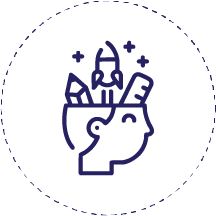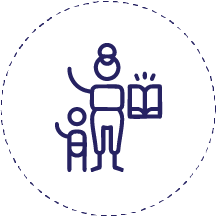The First School,
The Right Start
Welcome to the most trusted pre-primary school in Bhubaneswar, where little minds are nurtured with love, care, and curiosity.
As parents, sending your child to school for the very first time is an emotional milestone. You want them to be safe, happy, and surrounded by people who truly care. At KT Global School, one of the best pre-primary schools in Bhubaneswar, we honour that trust. We believe in a gentle start—where your child transitions from home to school through play, warmth, and emotional connection. With our vibrant, joyful environment, KT becomes more than a school—it becomes a second home.
Recognized by many parents as the best play school in Bhubaneswar, KT Global is where early learning begins with laughter, creativity, and care. Whether you're looking for a play school in Odisha, a nursery school in Bhubaneswar, or a preschool that truly understands children, KT Global offers the strong, nurturing start every child deserves.
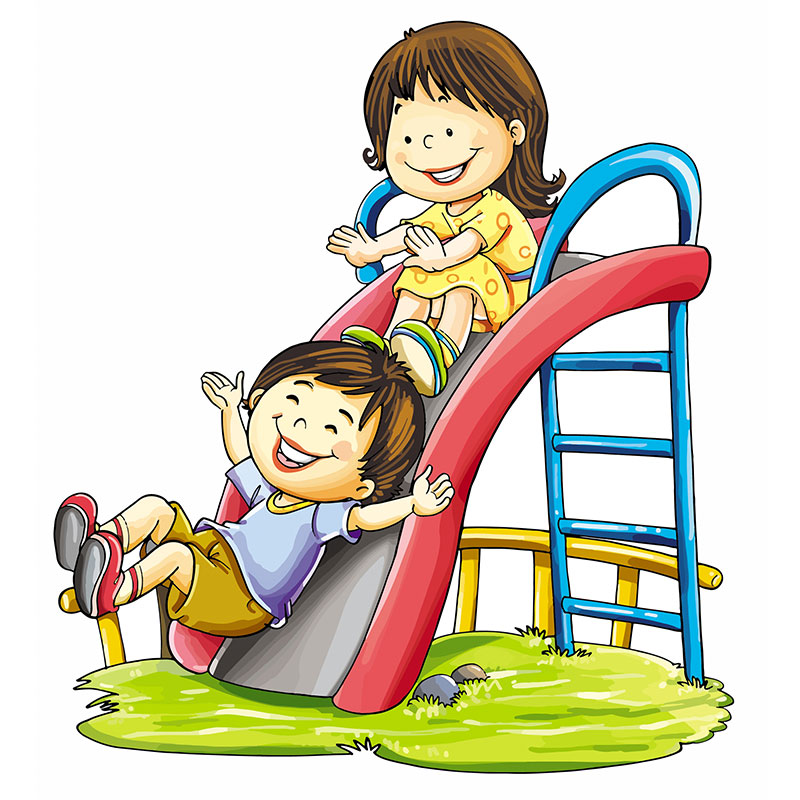
What Makes KT Global
the Best Preschool in Bhubaneswar?
Where joy meets structure, and imagination meets learning
Integrated Play & Learning
Every activity – from building blocks to water play – is designed to build early literacy, numeracy, and motor skills.
Creative Arts & Expression
Daily music, storytelling, drama, and drawing sessions allow children to explore feelings and imagination.
Social & Emotional Learning
We teach children how to express emotions, share with others, resolve small conflicts, and make friends.
Trained Early Childhood Educators
Every teacher is ECCE-trained and deeply empathetic, ensuring children are safe, understood, and happy.
Nature-Integrated Learning
Our safe outdoor spaces encourage curiosity, with sand pits, gardens, and open-air learning corners.
This Is New for You Too
Let’s Walk Together
Dear parents, we know this is a big step — we’re here to walk beside you, every moment of the way.
- My child has never been without me. What if they cry the whole day?
- It’s okay. Tears are normal in the beginning. We gently ease children into school life through a warm, loving settling-in period. Same faces. Same routines. Slowly, they begin to feel safe—and then, they start smiling. Most children adapt within a few days, and we keep you in the loop every step of the way.
- I don’t want my child to feel pressured. Isn’t it too early for learning?
- We completely agree. That’s why we never force learning. At KT Global, learning happens through stories, games, songs, art, and play. Our classrooms feel like joy-filled playgrounds—not stressful setups. We’re here to build curiosity, not pressure.
- How will I know if my child is happy at school?
- Because we’ll show you. You’ll receive daily updates, photos, and little stories from your child’s day. You’ll hear about their first painting, their favorite rhyme, or the time they made a new friend. We don’t just keep you informed—we keep you connected.
- My child is very shy. What if they don’t speak or make friends?
- Many of our little ones start off the same way. That’s why we keep our class sizes small and personal. Teachers gently guide children into social play using buddy systems, group activities, and one-on-one encouragement. With time, even the quietest child finds their voice.
- Is it okay to start learning letters and numbers now?
- Yes—but not the way you might imagine. We introduce these concepts in the most fun, sensory ways possible. Think singing the alphabet while dancing, counting with clay or blocks, tracing letters in sand. There are no blackboards or pressure—just playful discovery.
- Is your campus really safe for such young kids?
- It’s not just safe—it’s built for them. CCTV cameras, entry monitoring, lady attendants in every room, clean child-friendly toilets, soft furniture, secure play areas—every inch of KT Global has been designed with a parent’s heart in mind. You’ll feel the difference the moment you walk in.
A Whole Day of Happy Little Wins
From playful mornings to peaceful goodbyes, here’s how a typical day unfolds at the best pre-primary school in Bhubaneswar.
-
Arrival & Warm Welcome
Hugs, greetings, and easy transitions from home to school
-
Creative Time
Art, painting, block play, and fine motor activities
-
Circle Time
Songs, stories, days of the week, weather, calendar
-
Healthy Snacks
Wholesome food and social bonding over shared meals
-
Outdoor Play
Slides, water play, sand activities, gross motor tasks
-
Language & Concept Time
Fun with letters, sounds, numbers, and themes
-
Quiet Time & Relaxation
Music, nap time or mindfulness moments
-
Home Time
Goodbyes, hugs, and looking forward to tomorrow
Our Classrooms & Facilities
A world built for little hands, big dreams, and safe adventures
- Child-Centric Classrooms: Age-appropriate furniture, story corners, discovery stations
- Music & Movement Room: Where rhythm and self-expression come alive
- Learning Zones: Phonics lab, math corners, and concept playrooms
- Outdoor Exploration: Mini garden, cycling zone, mud kitchen, and splash areas
- Safety & Hygiene: CCTV surveillance, secure entry-exit points, trained staff, child-proof interiors
Still Thinking?
Let’s Take
That First Step Together
Choosing the best pre-primary school in Bhubaneswar is a big decision — and we completely understand. If you're unsure, just come visit us.One visit, and your heart will know.
Glimpses of Growth – Gallery
A peek into the joyful, active, and creative life of our Pre-Primary students.
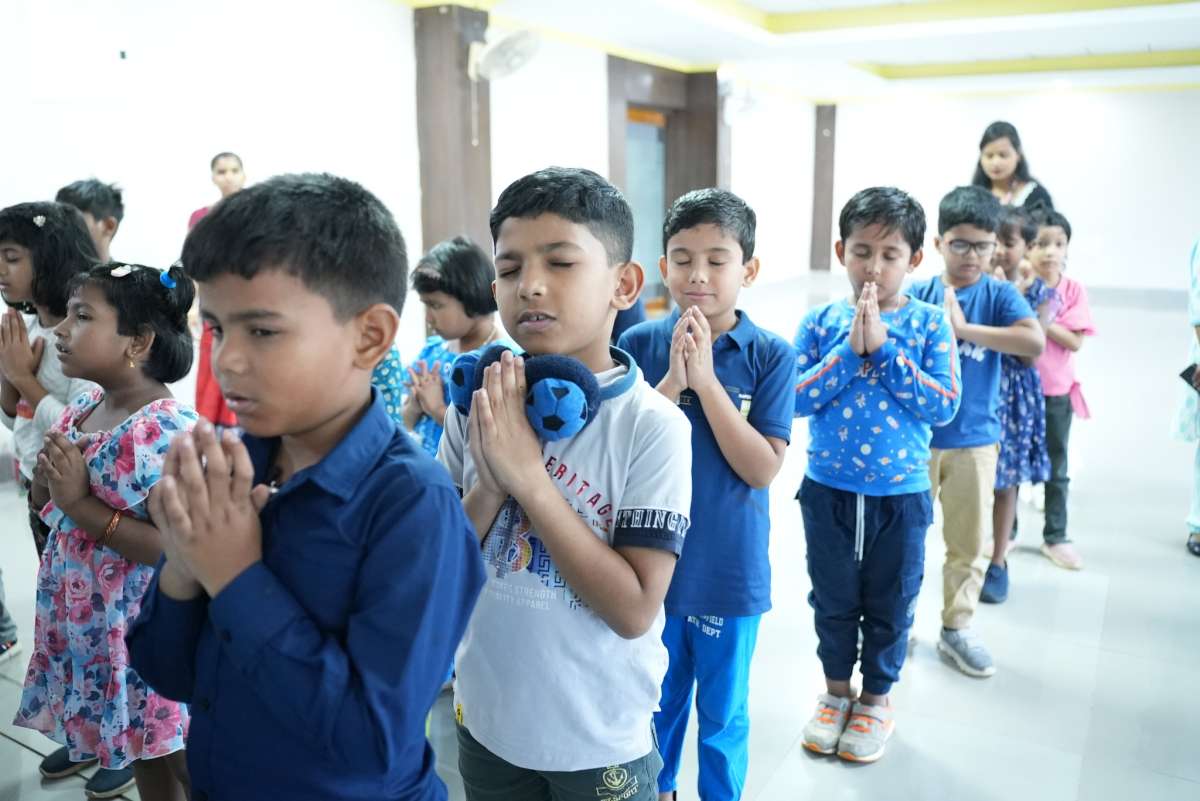
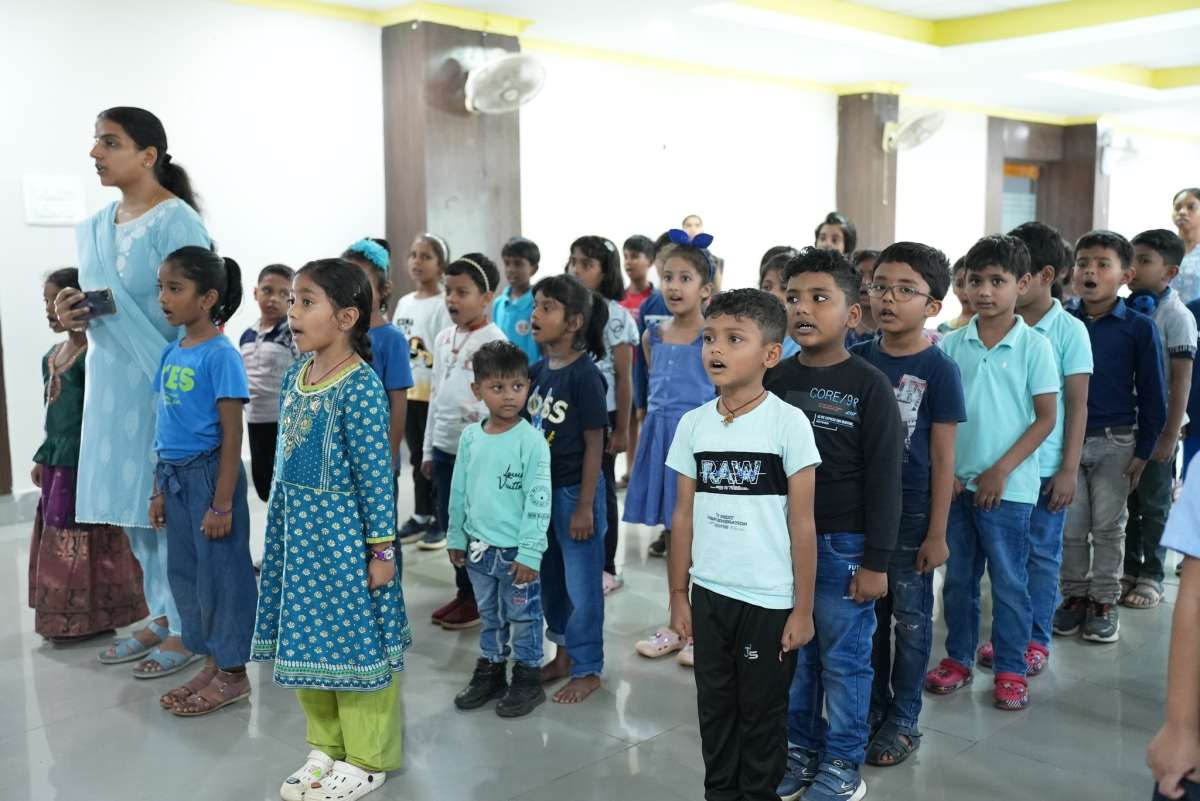
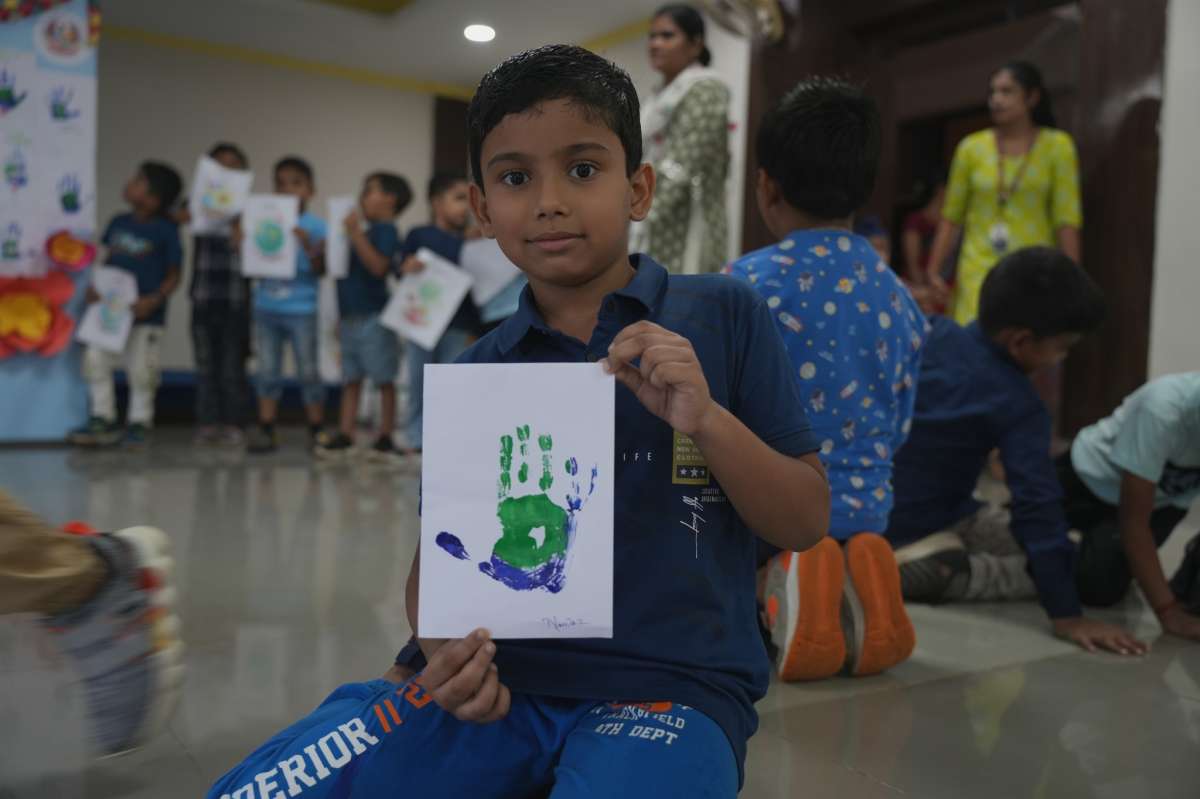
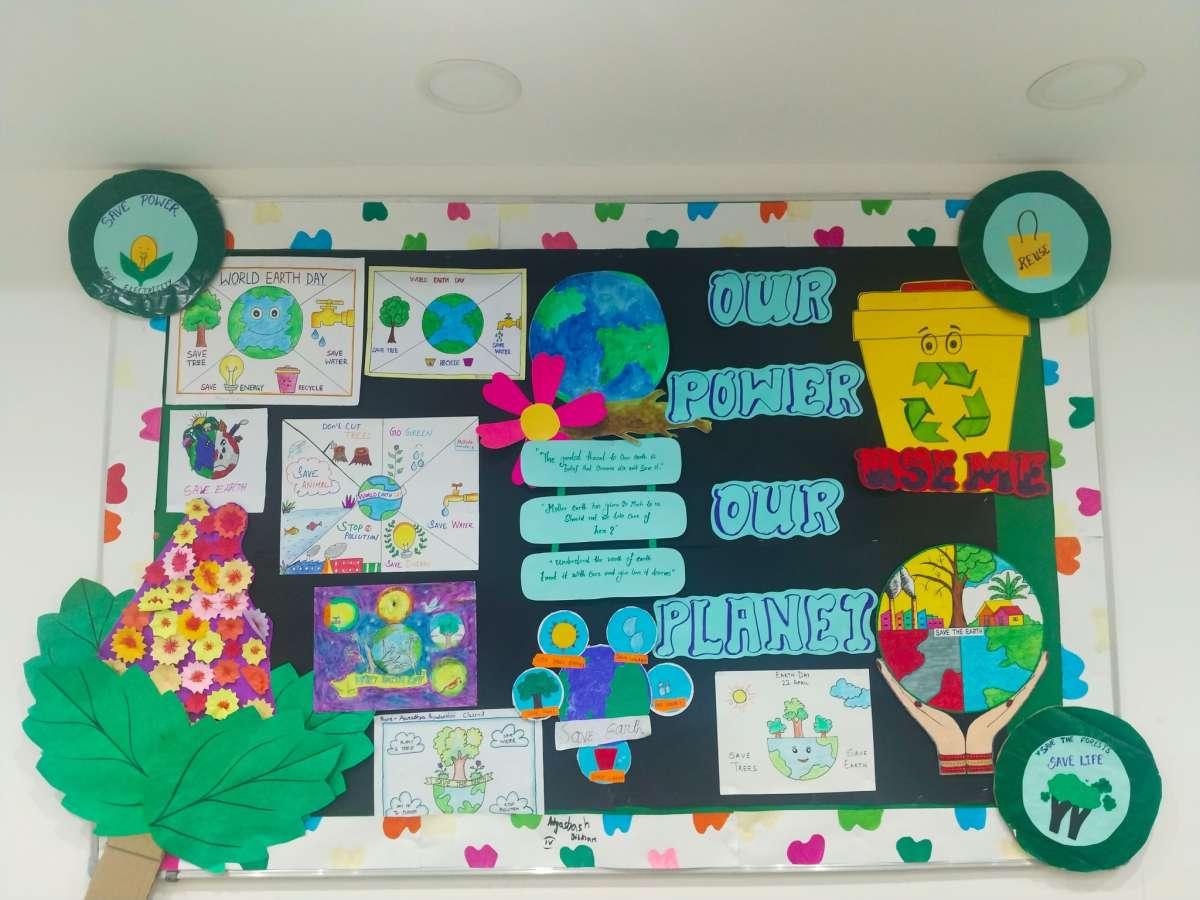
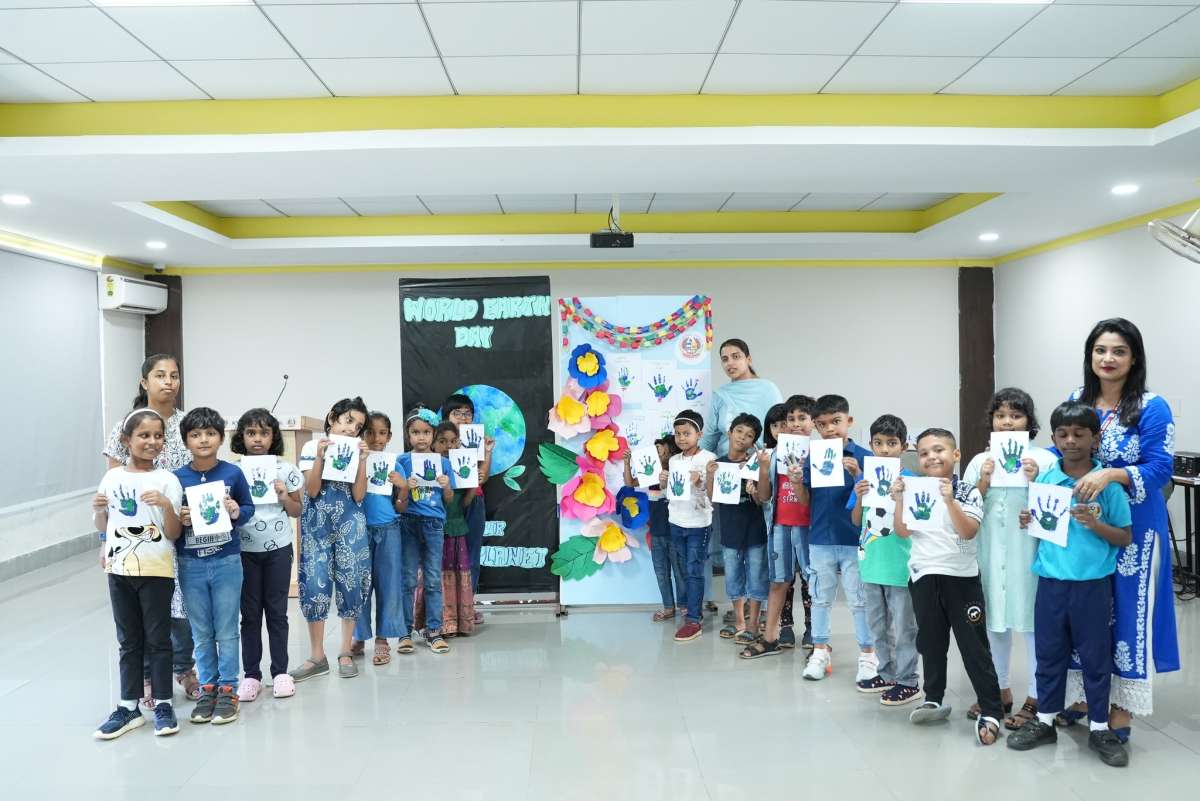
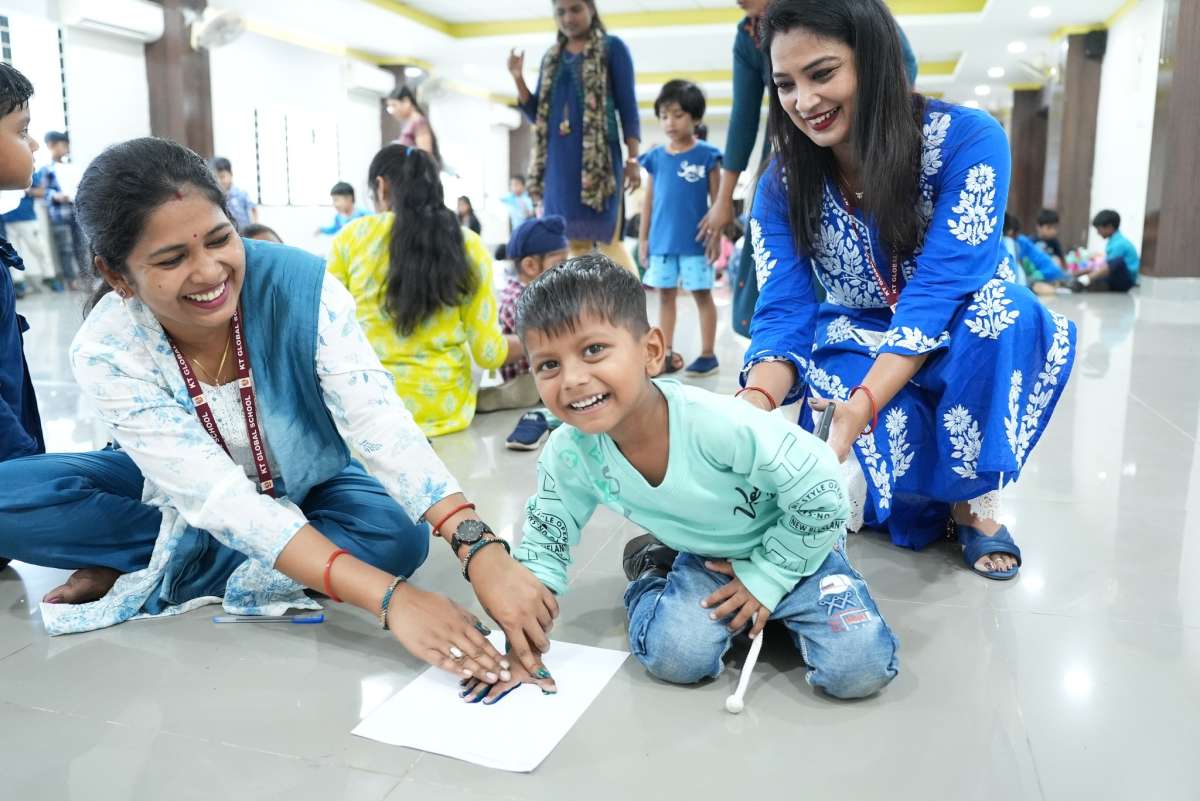
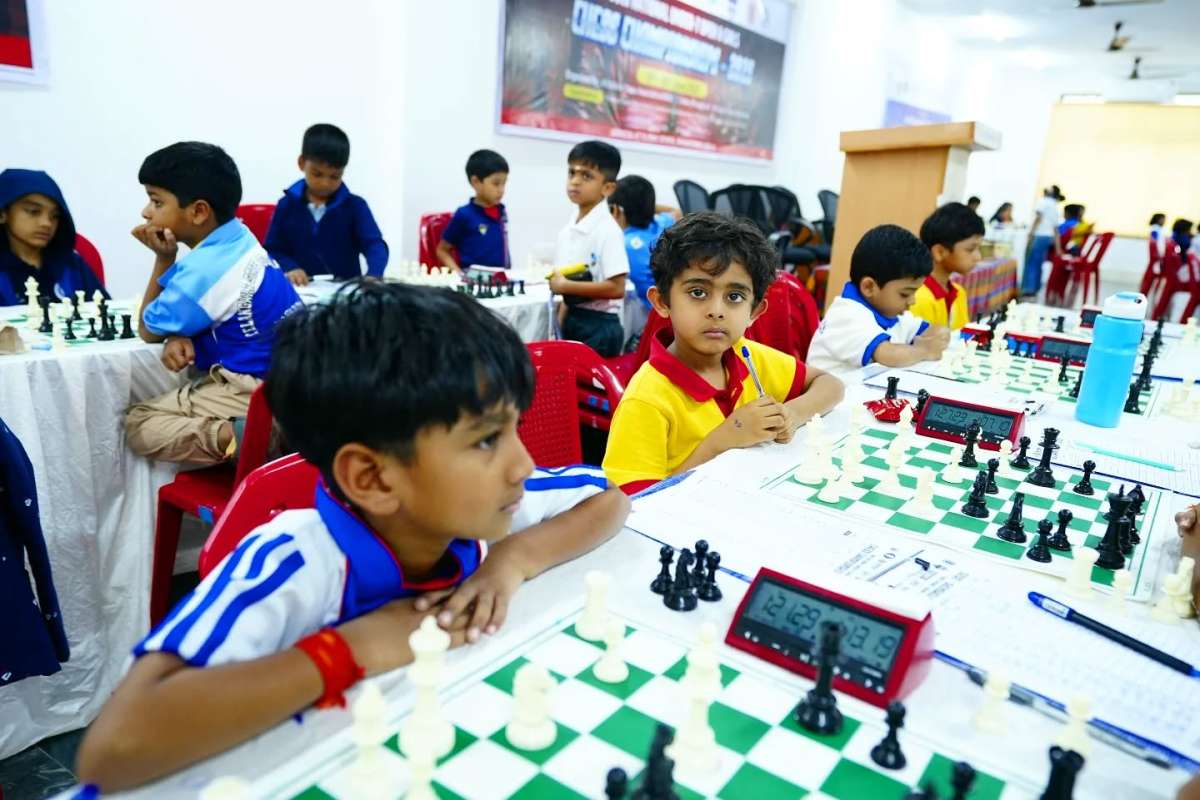
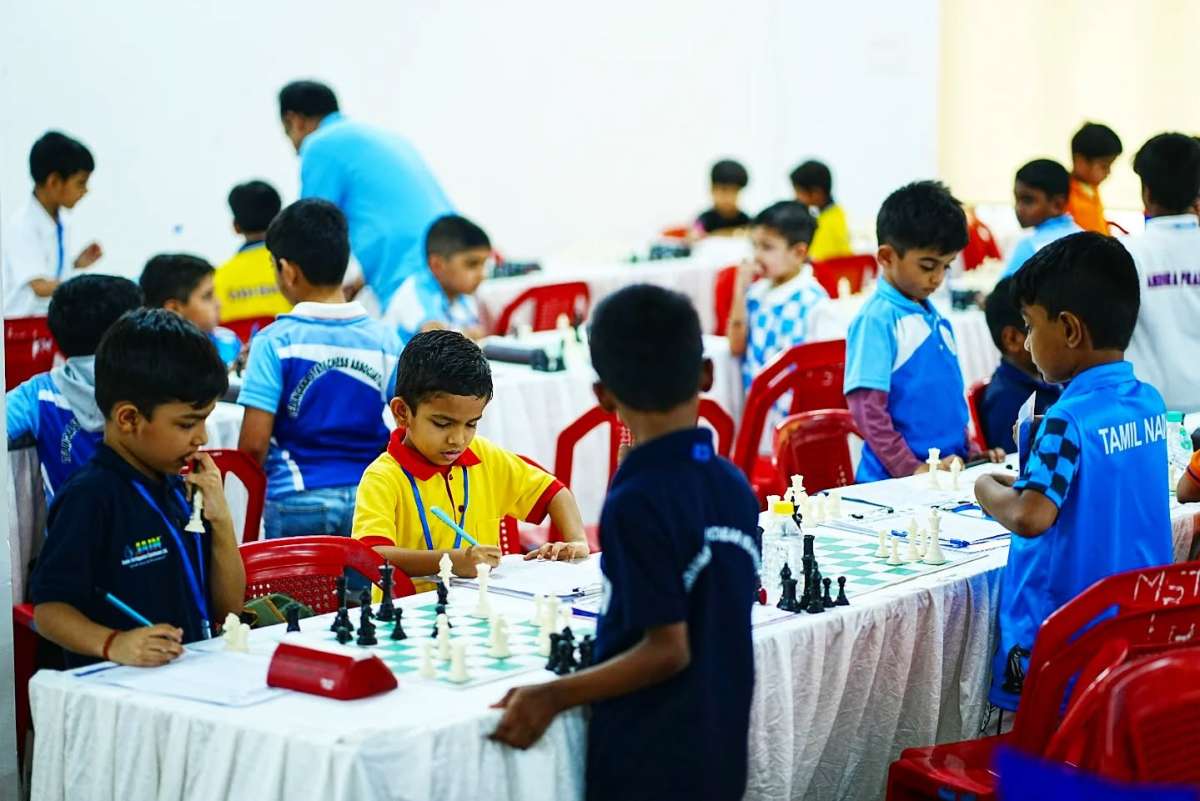
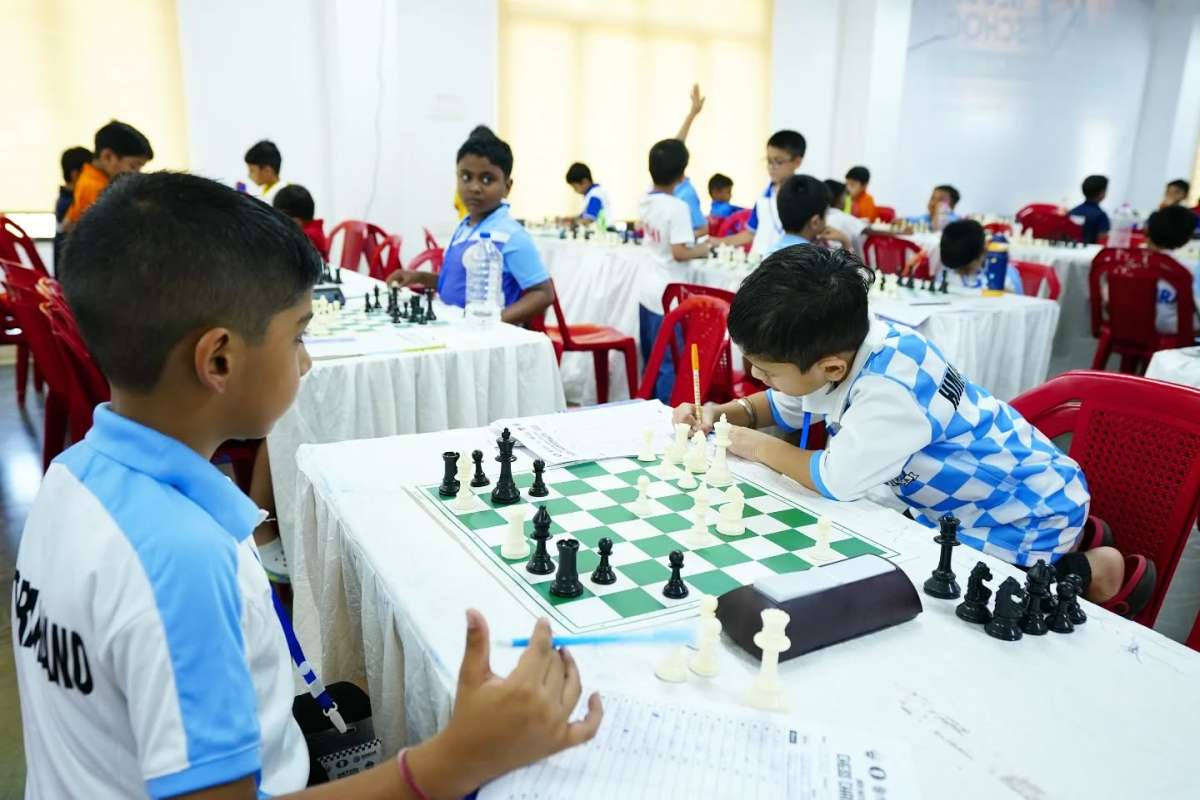
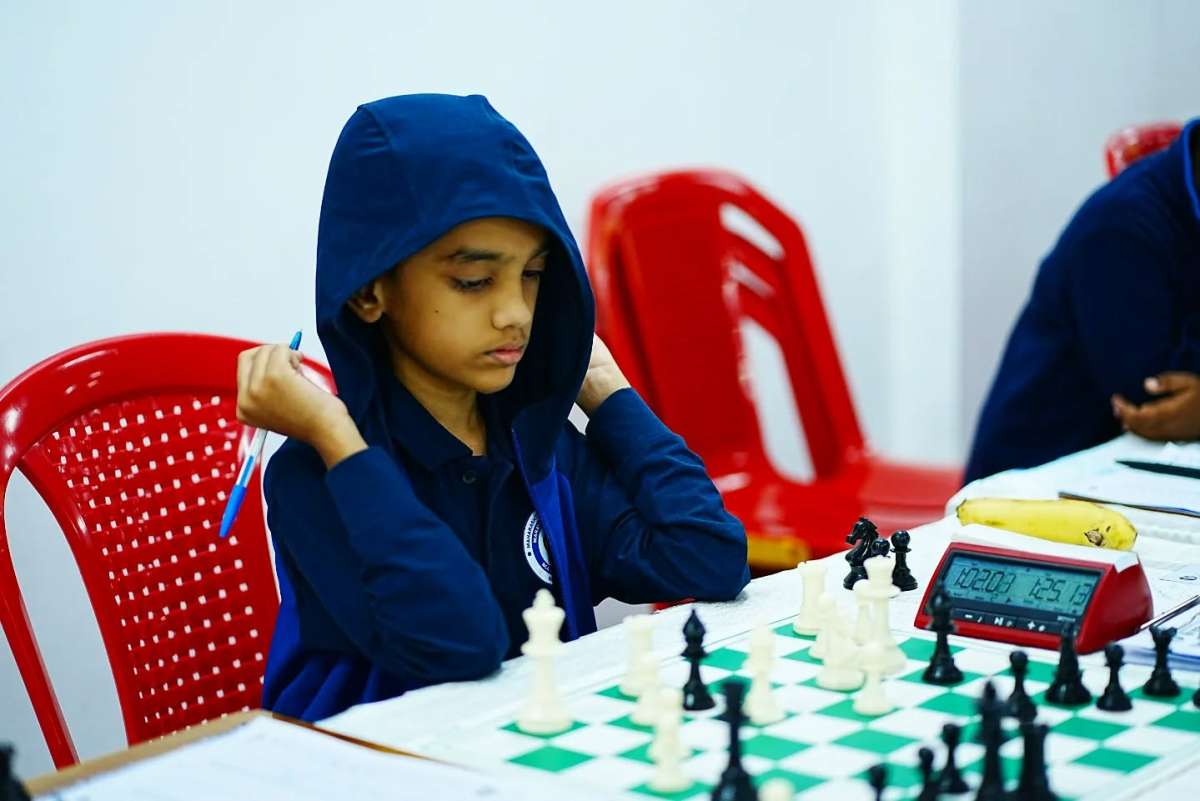
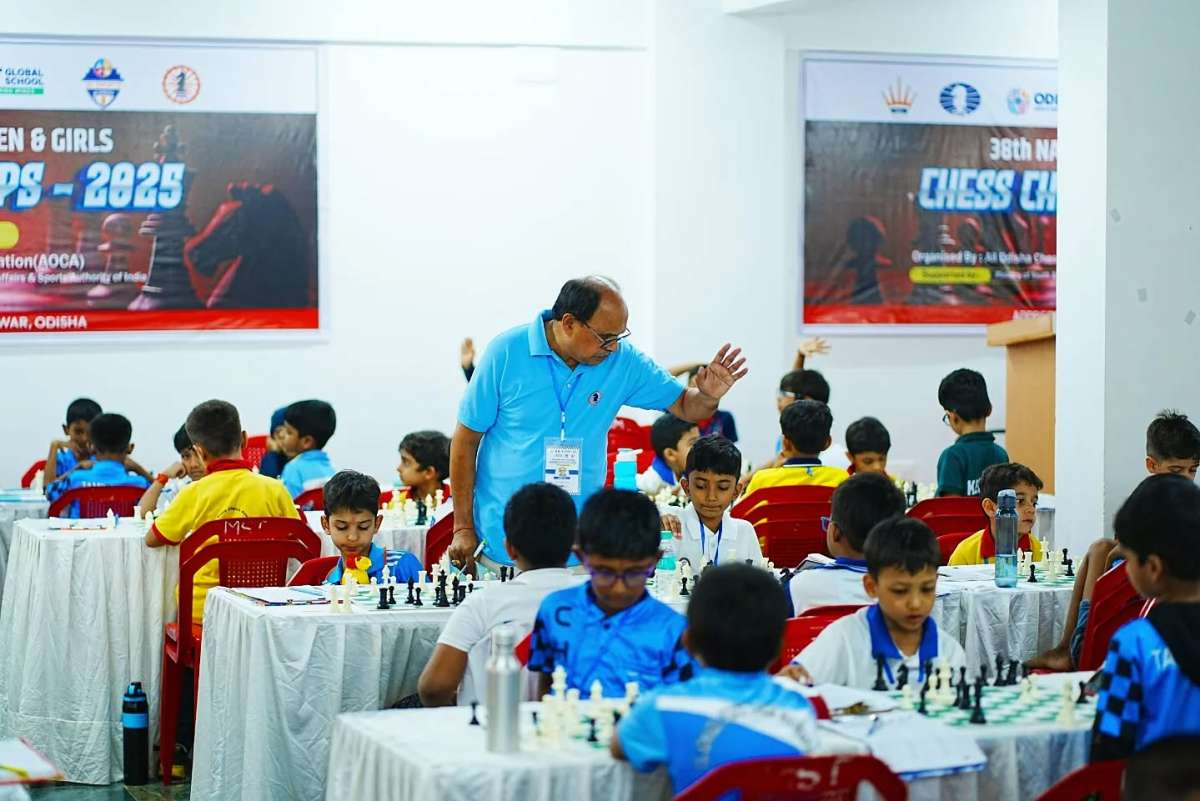
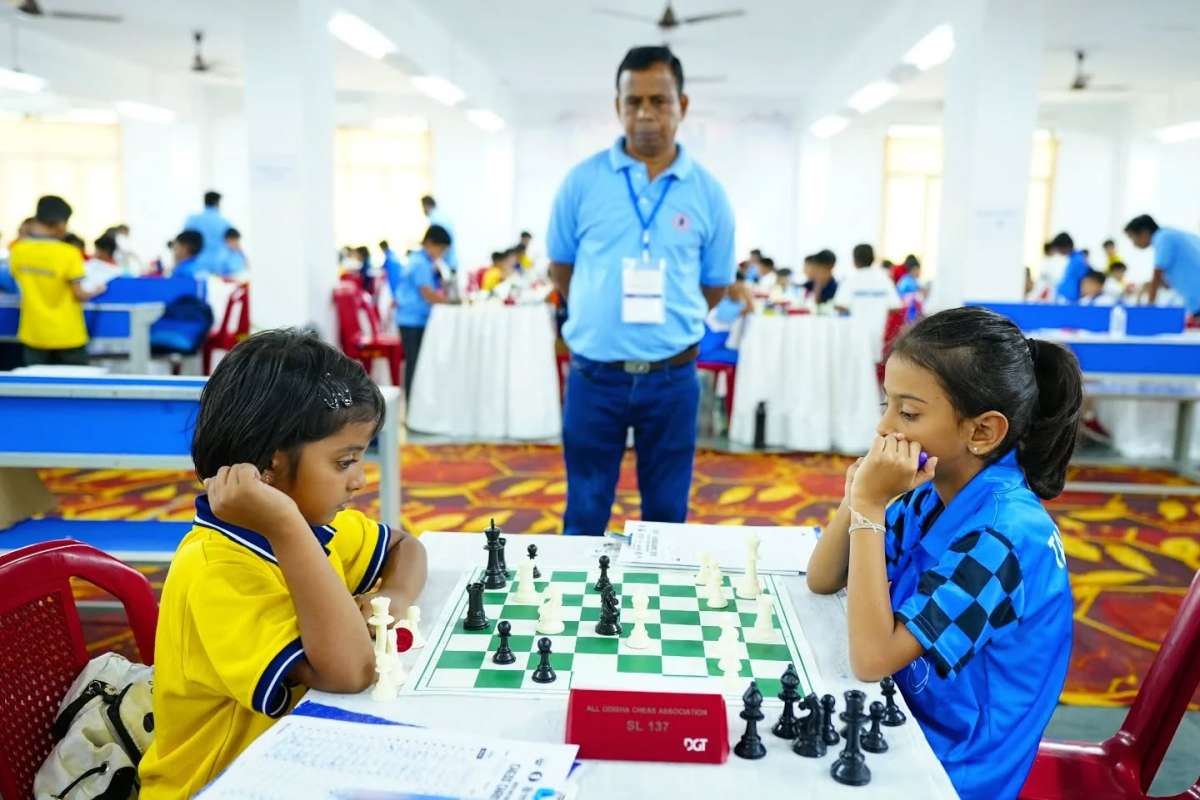
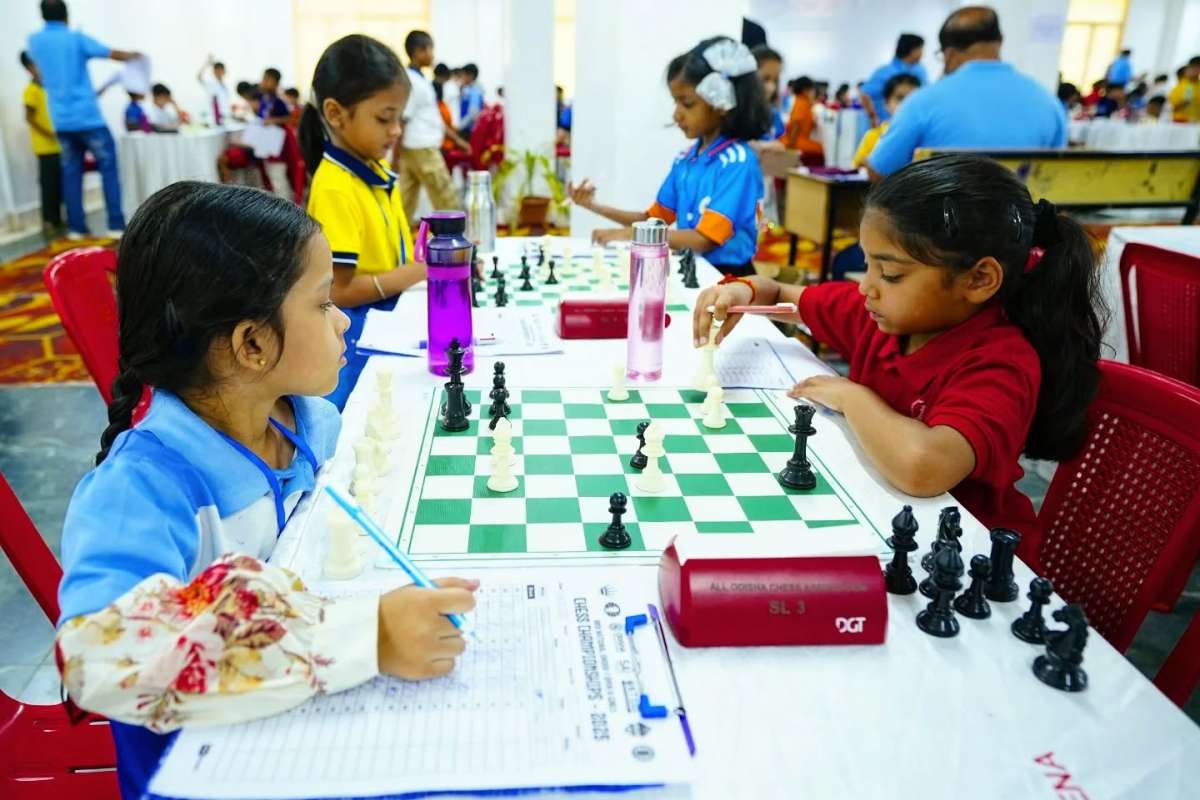
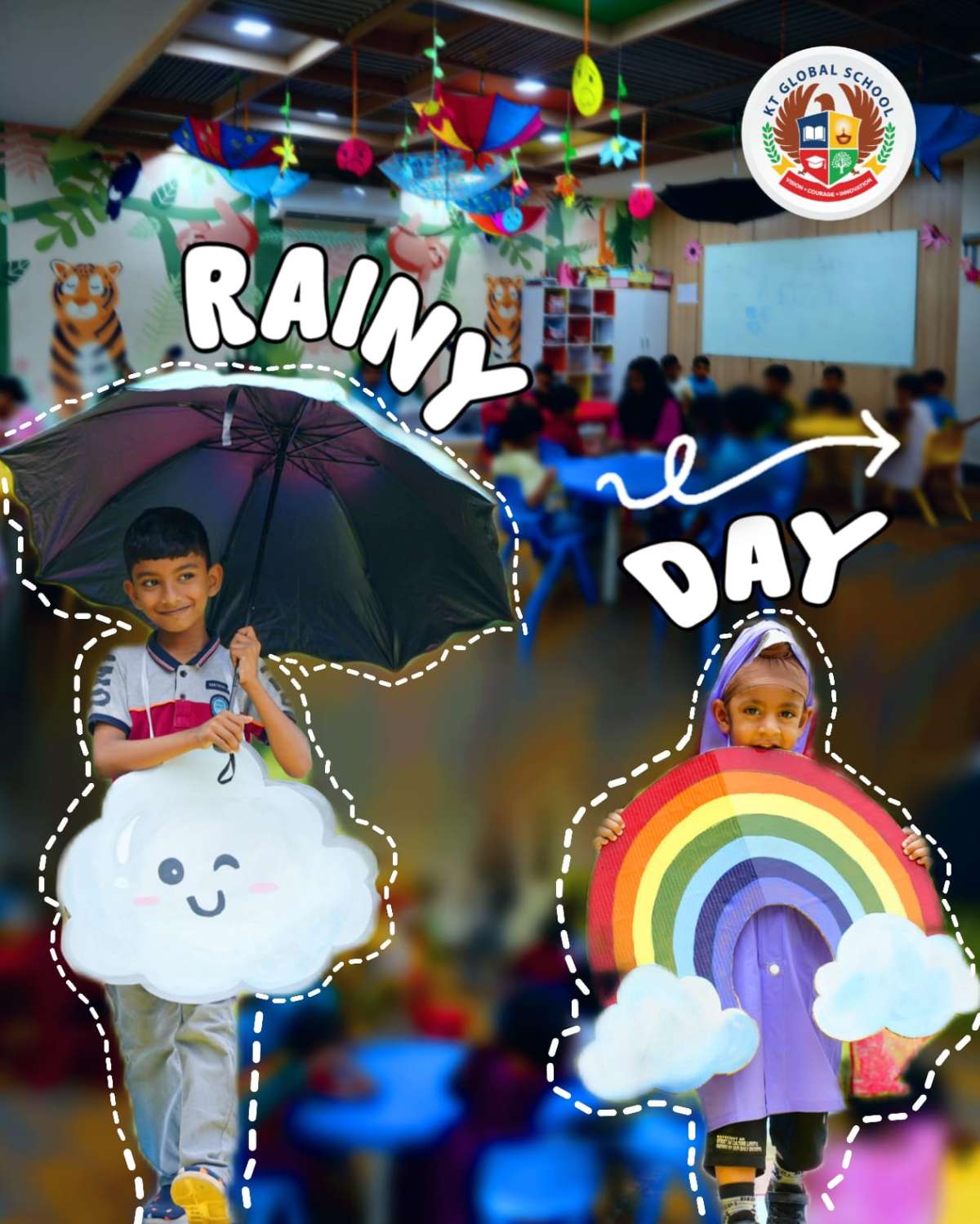
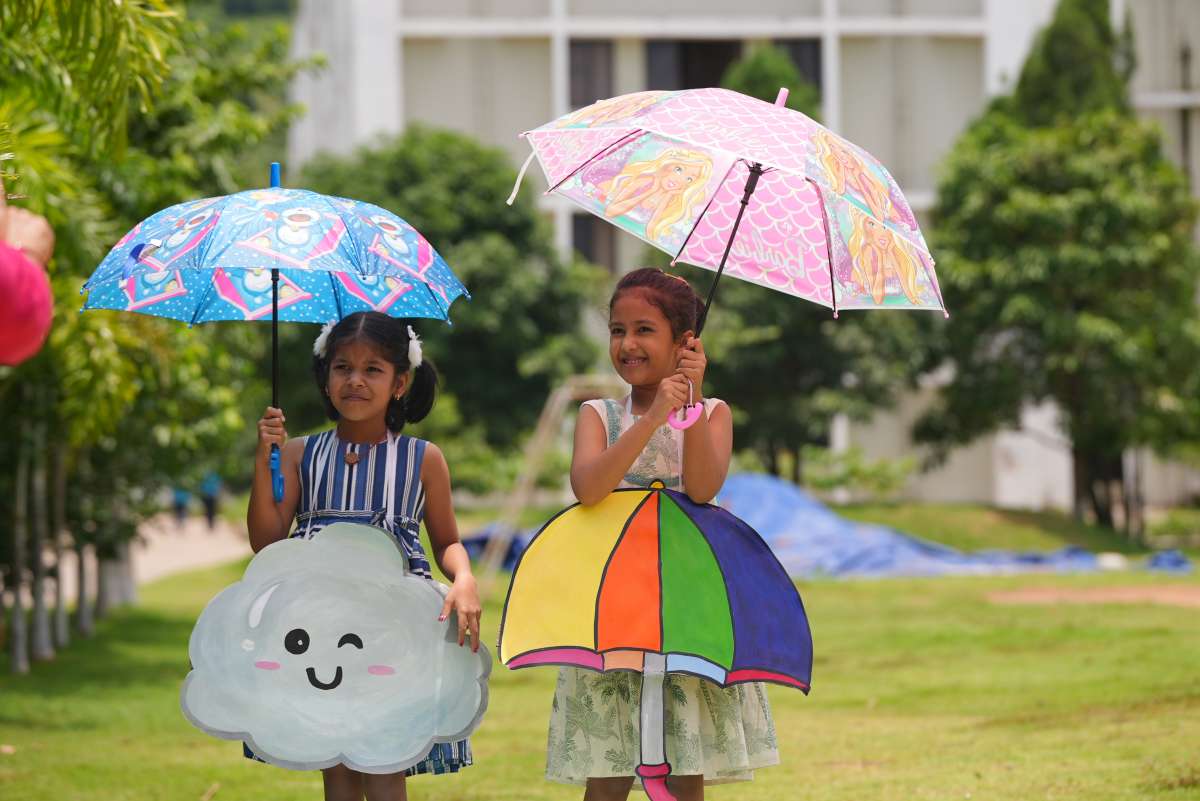
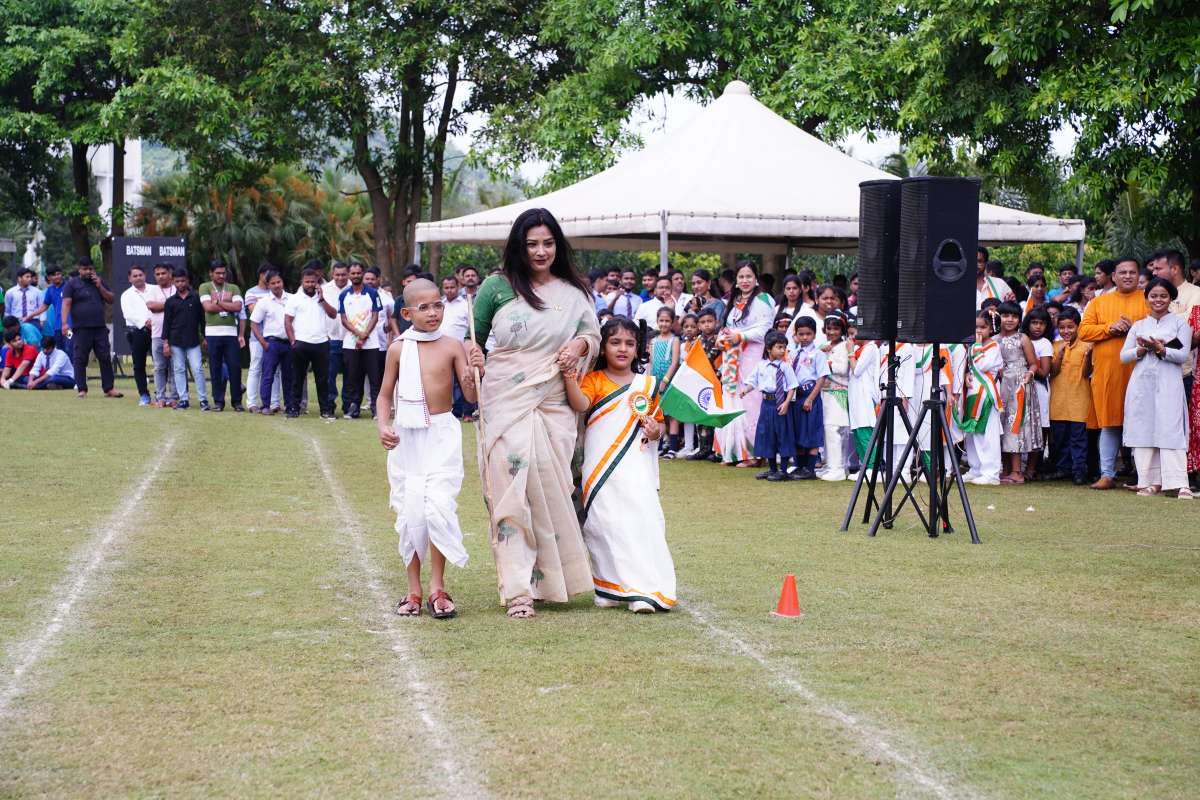
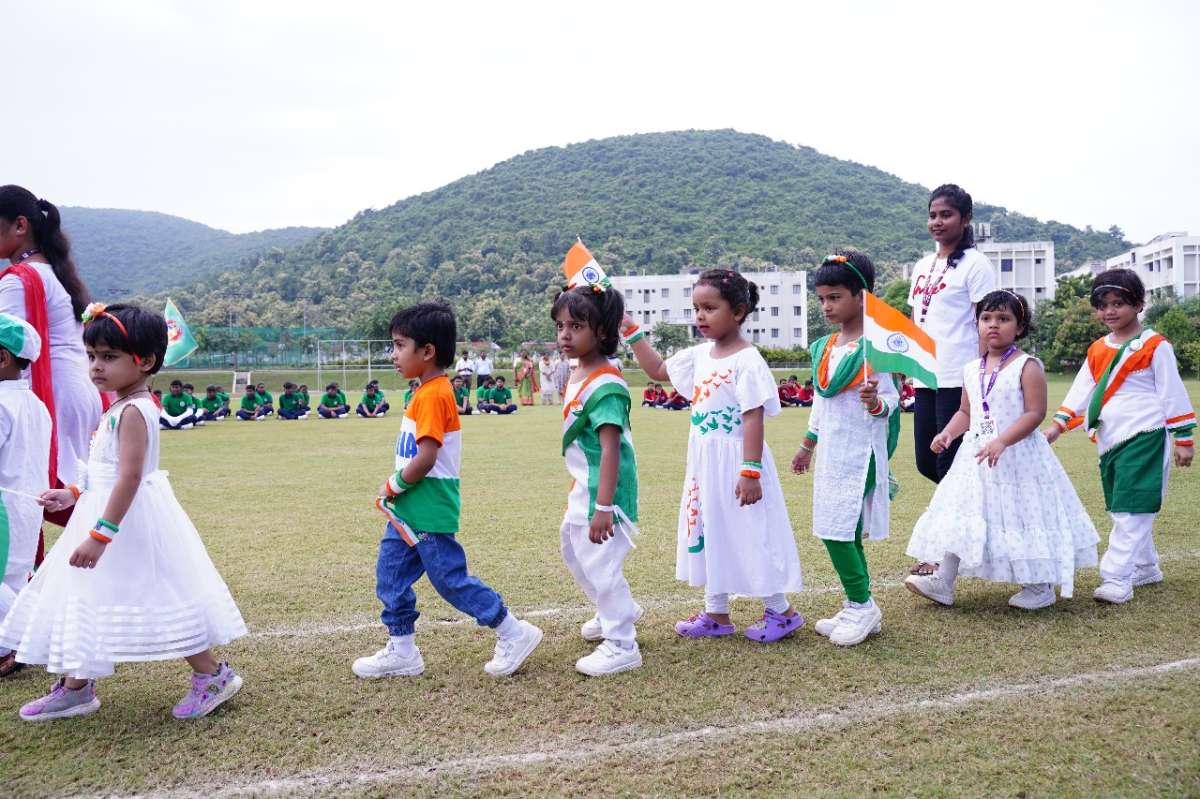
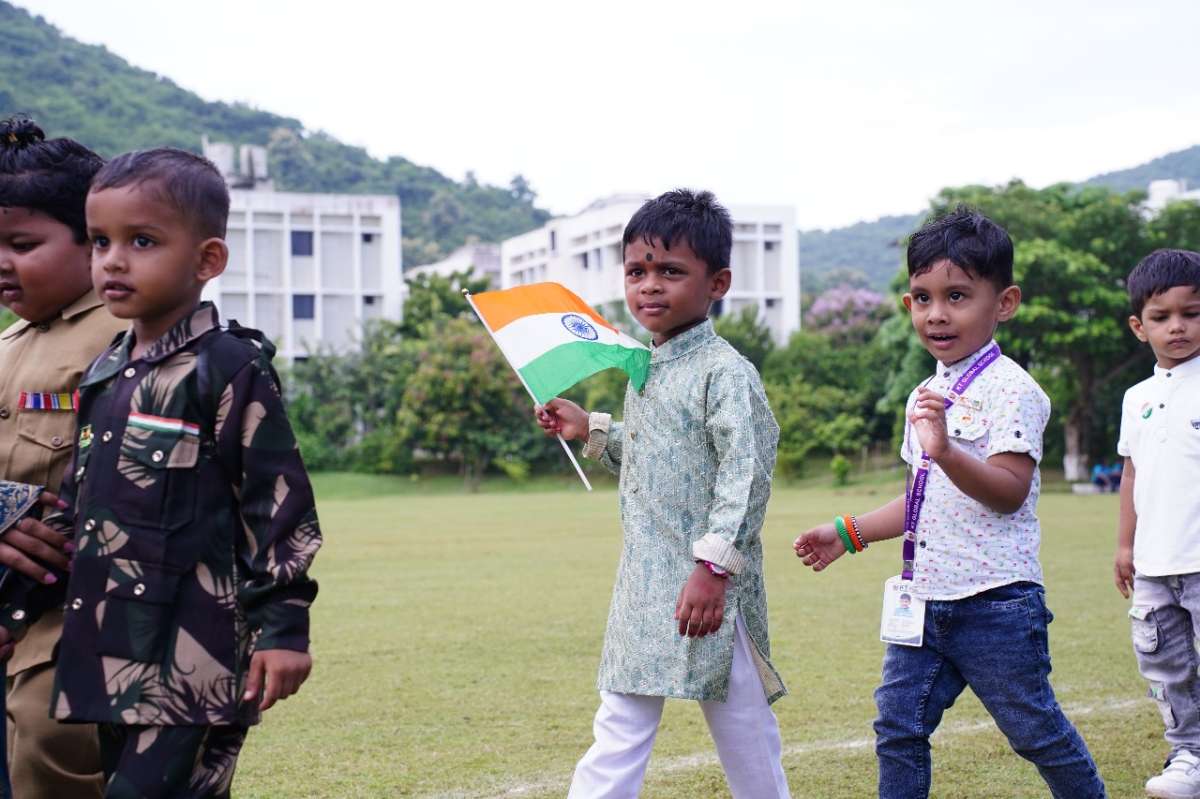
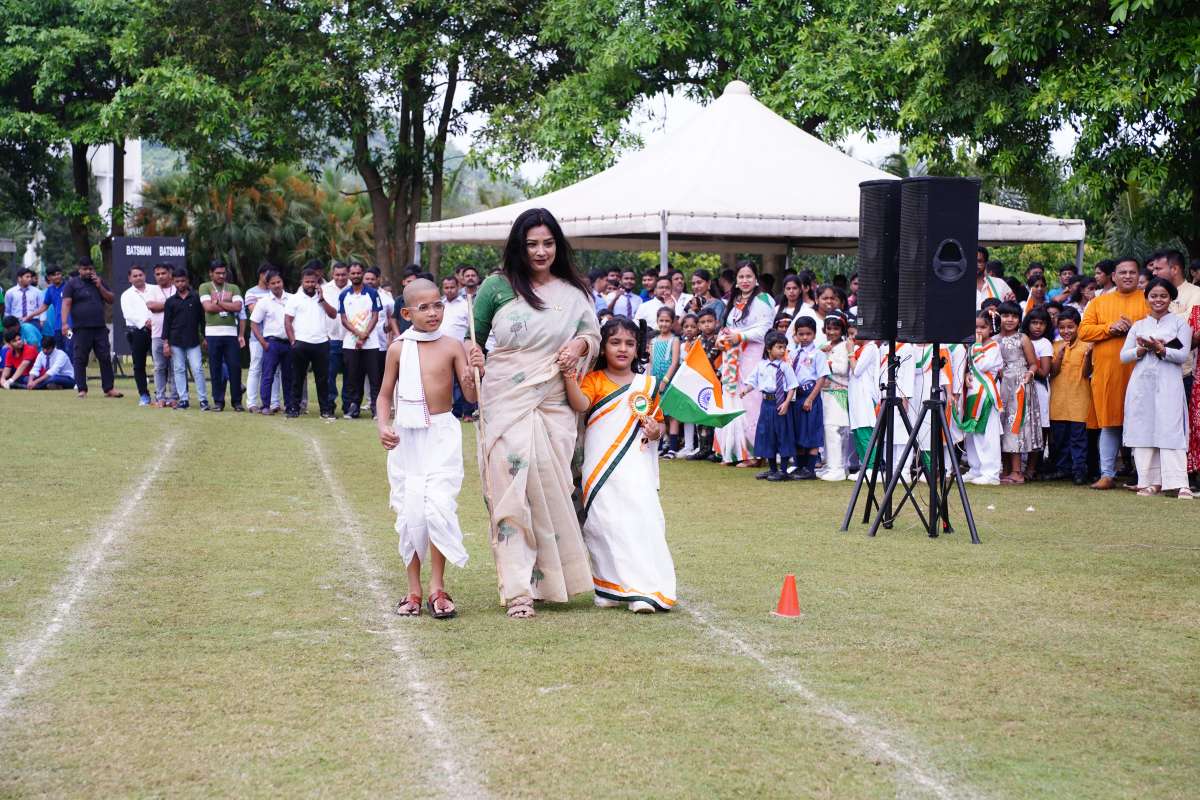
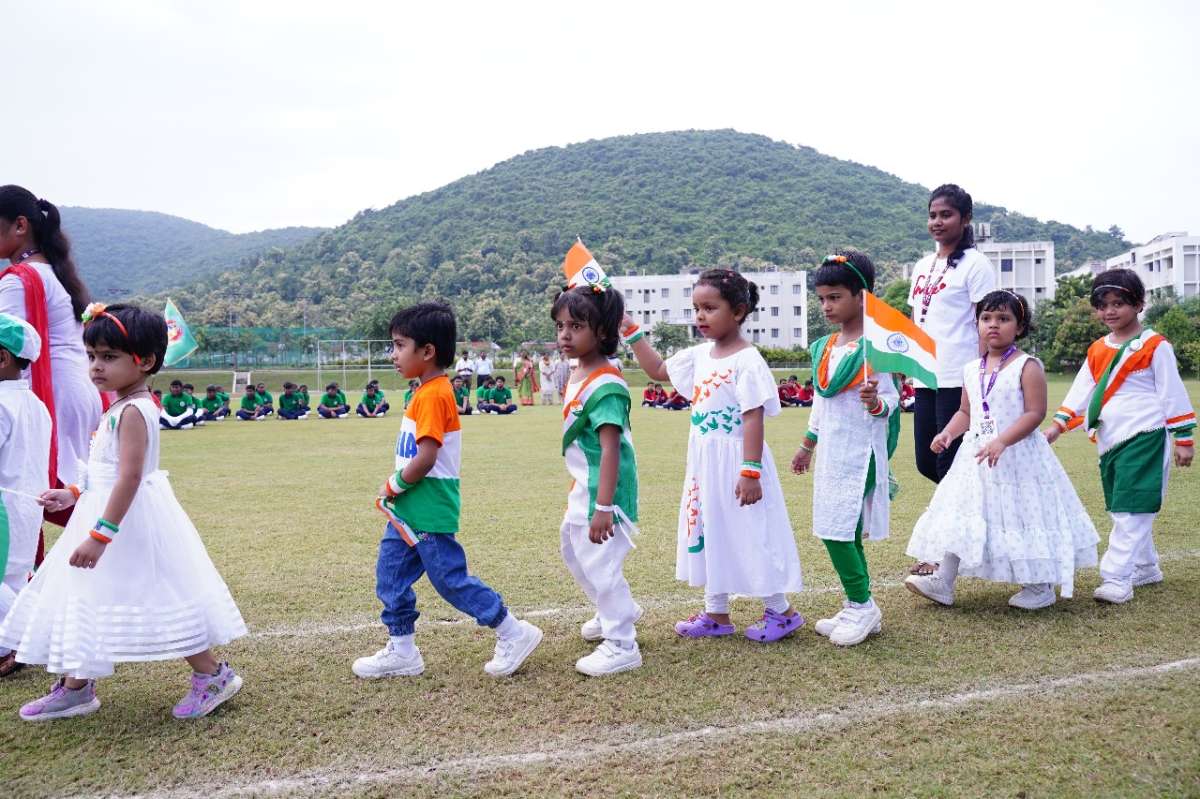
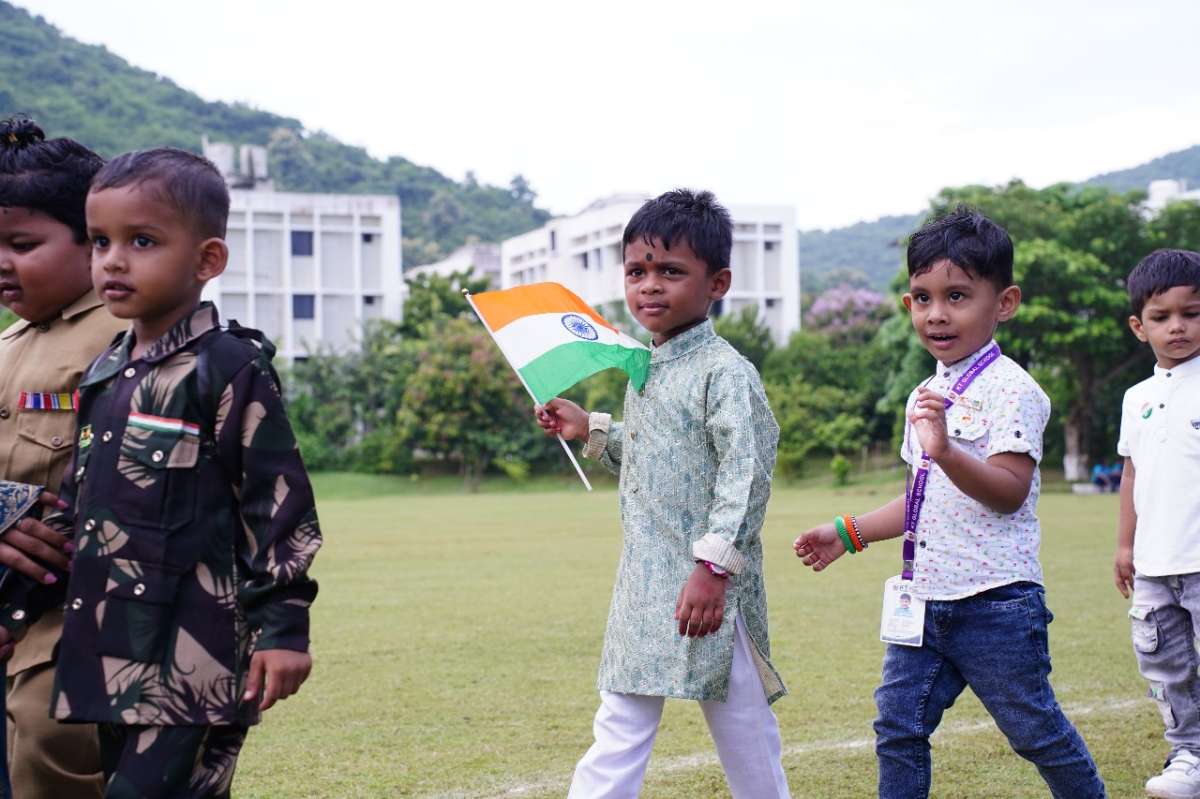
Inside KT Global School
Events & Stories
Dive into the heart of KT Global School! Explore the latest events, inspiring stories, and unforgettable moments that make our community unique. From student showcases to milestone celebrations, stay updated on all the excitement happening at KT Global.
EARTH DAY CELEBRATION
🌍 Earth Day Celebration at KT Global School 🌱 This Earth Day, our campus bloomed with purpose and creativity! 🌸 Students at KT Global School took part in a series of vibrant, hands-on activities designed to nurture a deep love for our planet. From eco-friendly crafts and plantation drives to mindful nature walks and interactive sessions on sustainability, every moment was a step toward conscious living. 🌿 One of the most touching highlights? The Hand Printing Pledge Wall 🤝💚 Students dipped their hands in colors and left their prints on a banner—a powerful symbol of unity, responsibility, and their promise to protect the Earth. Each handprint = one voice, one promise, one action for a greener tomorrow. 🌎✨ Let’s keep the spirit alive—because change starts with awareness, and grows with us. 🌱
Read More38th National U-7 Chess Championships (day 3)
38th National U-7 Chess Championships (day 4)
Rainy Day Celebration
![]()
![]() A Rainy Day Celebration to remember! Our Pre-Primary stars filled the day with music, dance, and colourful fashion moments. From twirling umbrellas to cheerful giggles, every moment was a splash of joy and learning!
A Rainy Day Celebration to remember! Our Pre-Primary stars filled the day with music, dance, and colourful fashion moments. From twirling umbrellas to cheerful giggles, every moment was a splash of joy and learning! ![]()
![]()
Independence Day Celebration
Independence Day Celebration
You’re Not Alone
Most Parents Ask These Too
We know this is a big step.
Here are some honest answers to the
questions parents like you ask when choosing the best pre-primary school in Bhubaneswar.



